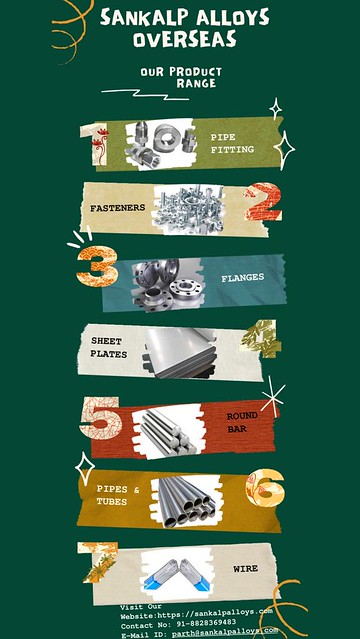Alloy Plate: Manufacturing, Characteristics, and Best Usage Methods
Title: Alloy Plate: A Versatile Solution for Various Applications
Introduction:
In the field of metal engineering, alloy plates play a crucial role in diverse indu alloy plate strial sectors. This article explores the manufacturing process, characteristics, advantages, usage methods, and tips for selecting the right alloy plate to meet specific requirements.
Manufacturing Process:
The production of alloy plates involves combining different metals at alloy plate varying ratios to create a material with improved mechanical properties and enhanced resistance to corrosion. These alloys are subjected to high temperatures and pressure during casting or rolling processes. The resulting ingots or slabs are then further processed into sheets using hot or cold rolling techniques.
Char alloy sheet acteristics:
Alloy plates exhibit several desirable characteristics that make them suitable for various applications. The combination of different metals imparts increased strength, durability, and versatility. Additionally, these plates often possess excellent resistance to impa steel plate ct, wear-and-tear as well as heat and chemical corrosion.
Advantages:
1. Enhanced Strength: Alloy plates offer superior strength compared to conventional metal plates due to their composition.
2.Durability: These plates can withstand extreme conditions without compromising their structural integrity.
3.Corrosion Resistance: Improved alloy plate corrosion resistance extends the service life of alloy plates in highly corrosive environments.
4.Versatility: The wide range of available alloys allows for tailored solutions nickel alloy plate based on specific application requirements.
Usage Methods:
1.Structural Applications: In construction projects such as bridges and buildings where strength is essential.
2.Transportation Industry: Alloy plates find application in aerospace manufacturing,such as aircraft bodies where lightweight materials with high tensile strength are required.
3.Manufacturing Sector:Machinery builders utilize alloy sheetsto manufacture durable components that can endure heavy loads or harsh operating conditions.
4.Energy Secto alloy plate r:The oil refining industry extensively uses titaniumplatesdue to their exceptional resistance against acids encountered during offshore drilling operations.
Tip galvanized steel manufacturer s for Selecting Alloy Plates:
When choosing the right alloy plate, several considerations should be taken into account:
1.Application: Understand the environment and operating conditions where the plate will be utilized to ensure compatibility.
2.Strength Requirements: Determine the necessary strength for your application to se galvanized steel manufacturer lect an appropriate alloy composition.
3.Corrosion Resistance: Consider whether exposure to moisture, chemicals, or extreme temperatures is expected and choose a matching corrosion-resistant alloy accordingly.
Conclusion:
Alloy plates are indispensable in various industrial applications due to

their superior mechanical properties and resistance characteristics. By understanding their manufacturing process, unique attributes, advantages, usage methods,and selection tips provided in this article, professionals can make informed decisions regarding suitable alloy plates for specific projects.
